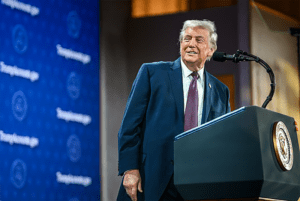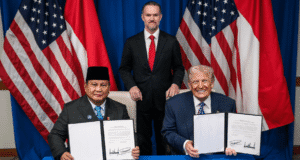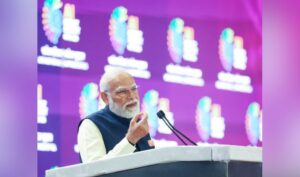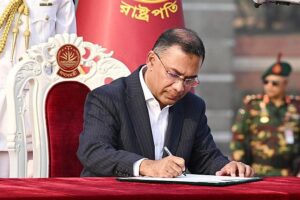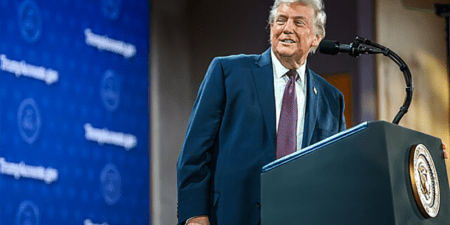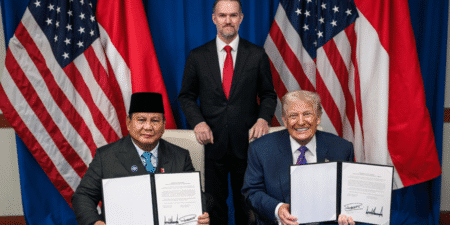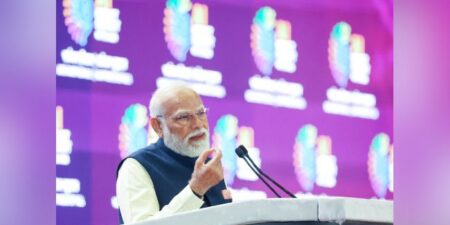
Indonesia Tariff Tracker
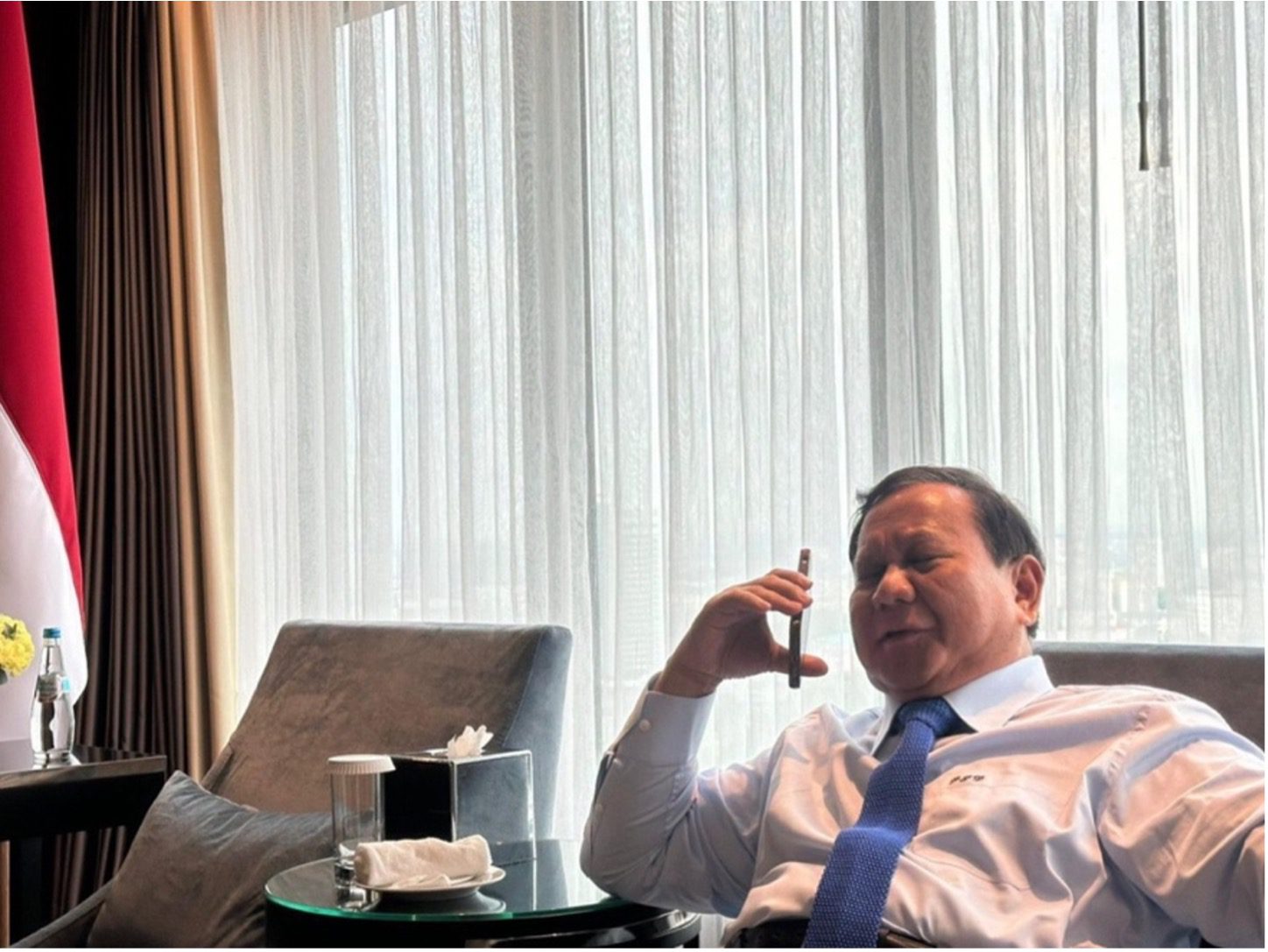
This update from BGA Indonesia is the latest in a series highlighting new developments in Indonesia’s trade with the United States following U.S. President Donald Trump’s announcement of “reciprocal tariffs” in early April. BGA tariff trackers provide an analysis of negotiations, new agreements, government and business engagements and policy responses to keep clients abreast of the evolving trade landscape and enable informed, proactive decision-making.
Context
- The White House issued a joint statement July 22 on the framework for a tariff deal that would impose a 19 percent tariff on Indonesia, rather than the initially proposed 32 percent, leading to much publicity and speculation. It provides the contours of a still being negotiated agreement — the format and timeline of which, with all their procedural implications, remain to be seen. This eventual deal will serve as the basis for ministries and agencies to begin altering regulatory technicalities in line with the commitments, much like the intricate regulatory policymaking processes companies routinely navigate in Indonesia. Although the statement is an important milestone, it serves more as a signal of intent than a detailed policy road map.
- The joint statement included an extensive list of sweeping Indonesian commitments to ease nontariff barriers for U.S. goods and services. It went far beyond what had been expected or even hinted at since Trump’s tariff announcement in April. These commitments strike at the heart of protectionist policies that have long defined Indonesia’s industrial development playbook, including local content requirements and import restrictions in certain sectors.
- The regulatory concessions come on top of the previously disclosed purchases Indonesia will make: $3.2 billion in aircraft, $4.5 billion in agricultural products and $15 billion in energy. The Indonesian government had framed these as its primary bargaining chips. But the strategy of offering them upfront to close Indonesia’s $18 billion trade surplus with the United States apparently failed to impress the U.S. government. The Trump administration initially refused to shave off even a single percentage point from the original tariff proposal after months of talks.
Significance
- Negotiations have been — and continue to be — driven by Coordinating Minister for Economic Affairs Airlangga Hartarto and the National Economic Council under Luhut Pandjaitan, in close consultation with President Prabowo Subianto. Prabowo became tactically involved after a 17-minute phone call with Trump July 15, which helped seal the revised tariff rate. Sectoral ministers and state-owned enterprises have been largely sidelined throughout the process, largely for efficiency, leading to a situation in which cabinet members have at times contradicted one another in public
Implications
- BGA has learned from its interactions with policymakers across sectors and levels since the announcement that officials are still deeply confused about how to begin translating the framework into actionable policy. Most officials are learning of the developments in real time and cannot meaningfully respond until the deal takes clearer shape. The government is still coordinating internally, with a meeting between Airlangga and line ministers slated for July 25.
- Public criticism has been sharp — questioning the fairness of the deal and framing it as an attack on Indonesia’s sovereignty — but there is no indication that this will disrupt negotiations. Prabowo is intent on seeing the deal through, buoyed by reports that he and Trump “got along very well” throughout the negotiations. He has remained conciliatory in recent remarks and is expected to meet Trump in the United States in September, around the time of the U.N. General Assembly.
Key Framework Points and Clarifications From the Indonesian Government
The following are key aspects of the joint statement, with clarifications from Coordinating Minister Airlangga’s July 24 press conference.
- Indonesia will remove 99 percent of tariff barriers for U.S. industrial and agricultural exports.
- The United States may further lower tariffs on select Indonesian commodities not domestically produced in the United States. Airlangga cited crude palm oil, coffee, cocoa, agricultural products and minerals as examples, which may receive tariffs below 19 percent or even near zero.
- Indonesia will ease nontariff barriers in priority sectors, including limited exemptions for U.S. companies from local content requirements. Airlangga said that these exemptions will apply only to telecommunications, data centers and health care equipment. Import rules from the relevant technical ministry in each sector will still apply.
- Indonesia will commit to freer data flows, offering clarity on cross-border data transfer rules. Despite some domestic controversy, this is already accommodated under the existing Personal Data Protection Law. Airlangga emphasized that this is not a concession but a clarification to reassure investors.
- Indonesia will eliminate tariffs on digital products and support a permanent World Trade Organization moratorium on duties for electronic transmissions. Airlangga noted this aligns with Indonesia’s ongoing Organization for Economic Cooperation and Development accession talks.
- Indonesia will ease a broad range of regulatory barriers affecting U.S. manufactured goods, pharmaceuticals and intellectual property protection. This includes recognizing U.S. Food and Drug Administration approvals and prior authorizations for U.S. medical devices and pharmaceuticals, easing labeling and regulatory requirements for exports of cosmetics and manufactured goods and addressing long-standing U.S. concerns about intellectual property and conformity assessment.
- Food and agriculture imports will be liberalized, including exemptions from import licensing schemes (such as commodity balance), greater transparency on geographical indications, streamlined quarantine procedures and a permanent plant-based food products designation for U.S. plant products. Indonesia will also recognize U.S. food safety oversight and accept certificates issued by U.S. authorities.
- The final structure of the deal remains fluid. Airlangga suggested it may take the form of a series of government-to-government and business-to-business agreements rather than a single ratified trade pact — a possible nod to Trump’s preference to avoid formal treaties requiring legislative approval.
We will continue to keep you updated on developments in Indonesia as they occur. If you have any questions or comments, please contact BGA Indonesia Managing Director Douglas Ramage at dramage@bowergroupasia.com.
Best regards,
BGA Indonesia Team

Douglas E. Ramage
Managing Director
















